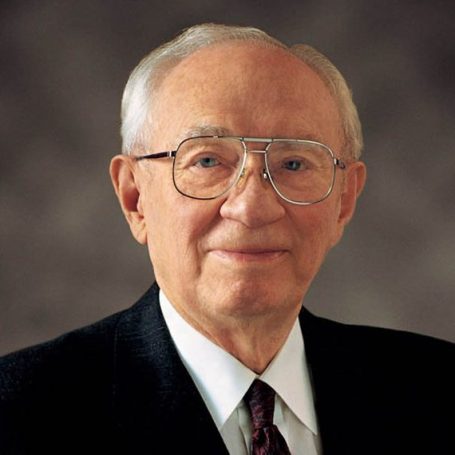First Vision
Joseph Smith's First Vision
Joseph Smith claimed that at the age of fourteen, he was visited by Heavenly Father and Jesus Christ in a secret grove near his home in Palmyra, New York in 1820. This claim did not appear until 1832 with Joseph seeing only "the Lord" and in 1835 Joseph Smith claims to have been visited by "two beings." Heavenly Father was not named as a personage until he retold the account in 1838.
Joseph Smith personally only wrote one of his first vision accounts -the 1832 account. Three others were written under his supervision -one in 1835, one in 1838, and one in 1842.
During Joseph Smith's lifetime and even long after, his friends and companions retold the story of the First Vision.
That Joseph Smith had his vision written down four times is not an issue. That some of the information in the visions is contradictory is a problem. That his vision contradicts the historical record is also a problem.
Joseph Smith claimed in his 1838 retelling of the First Vision that he was persecuted for his heavenly vision. Is there any evidence that he told anyone of the first vision before 1832 when he finally wrote it down?
During the early 1800s many other individuals were having their own First Visions. How do these compare to Joseph's accounts? Do his claims of persecutions add up if so many others were also seeing Jesus Christ also?
In researching the different First Vision Accounts (both firsthand and secondhand) it quickly becomes apparent that the Church membership at large was unaware of the First Vision. When did the membership learn of the vision? When did each of these accounts come to light?
During his time as prophet, Joseph Smith had evolving views on the Godhead. His changing views would have played heavily into his retelling of the First Vision.
Joseph Smith said repeatedly that he was persecuted for sharing his vision with those around him, namely the religious leaders of different sects. What is the evidence for this? Was Joseph's persecuted in the anti-Mormon literature of his day?

“I would like to say that this cause is either true or false. Either this is the kingdom of God, or it is a sham and a delusion. Either Joseph Smith talked with the Father and the Son or he did not. If he did not, we are engaged in a blasphemy.”
Gordon B. Hinckley, Improvement Era, December 1961, p. 907